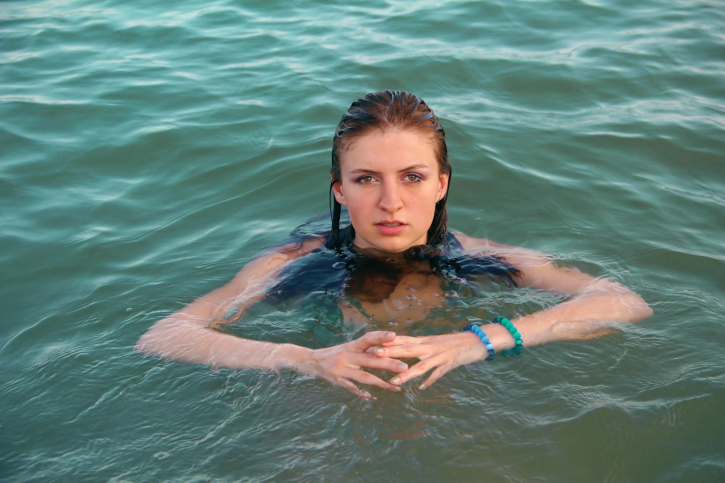Naegleria fowleri, more commonly known as “brain-eating amoeba,” has been making headlines lately since three people have died from the illness this summer. Check out these tips from CBS News on how you can reduce your risk of contracting this disease.
Be informed
- Know where these amoebas hang out. Typically, they can be found in freshwater sources (lakes, rivers, warm water runoff from industrial plants, hot springs) or in poorly-maintained swimming pools or water heaters under 117 degrees. It can sometimes be found in soil.
- How does infection occur? Infection can occur when a person goes swimming in lakes, rivers, and other surface water, particularly in warmer weather. The amoebas get into a person’s nose and then travel upward, toward and then into the brain, where they destroy tissue.
- Can someone get it from drinking water? Drinking contaminated water does not generally lead to infection, although ingesting water from a swimming pool that doesn’t have enough chlorine. Note that there have been no reported cases of catching naegleria fowleri from swimming in a properly maintained swimming pool.
- Is it contagious? No; naegleria fowleri cannot be transmitted from person to person.
- What are the symptoms? CBS News reports that initial symptoms generally start within the first week of infection. These symptoms can include headache, fever, nausea, vomiting, and stiff neck. Later symptoms can include confusion, hallucinations, loss of balance, and seizures. Death often occurs within 12 days.
- What about treatment? Although in the lab there have been a few drugs said to work on naegleria fowleri, it is not known if those same drugs can work in humans; nearly everyone who has contracted the disease has died.
Know when to seek medical help
- Been swimming in freshwater lately? If so, and if you have any of the above symptoms, call your doctor right away.
- Don’t self-diagnose. Many of the symptoms mentioned above are also symptoms of common diseases. If you are experiencing those symptoms, seek the help of a medical professional who can help you get to the root of the problem, whether it’s naegleria fowleri or not.
- Don’t have a doctor? Check whether or not your employee benefits package at work includes an advocacy service such as Health Advocate that can quickly help you find a medical care provider that meets your needs.
Reduce your risk
- Don’t ignore your risk. Always assume there’s some level of risk if you’re swimming, diving, or water-skiing in warm freshwater.
- Shut your nose. CBS News recommends that when you go in the water, hold your nose shut or use nose clips so that the amoebas cannot enter your nose.
- Don’t get dirty. Avoid digging in or stirring up sediment in freshwater areas that could be at risk of being contaminated.
If possible, always try to swim in well-maintained swimming pools or in the ocean. The best way to avoid this disease is simple–avoid being in or around bodies of water that could be contaminated.



